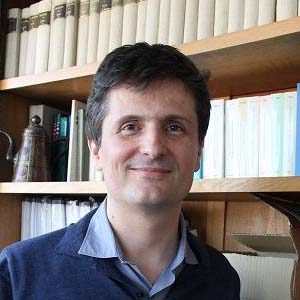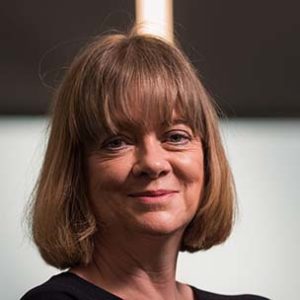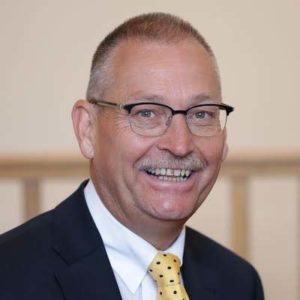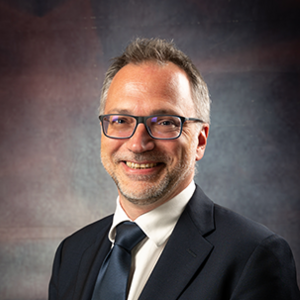
Background
Recent research from the OECD poses challenges for policy makers in responding to the needs of families experiencing disadvantage, for example: engaging with parents and families, or accessing the data they need. Some families may experience multiple, complex challenges, requiring the involvement of different departments, agencies and service providers. Recent developments to support and equip policy makers to better address the needs of families experiencing disadvantage include improvements in knowledge, resources and data, innovative approaches to engaging with families and parents, and increasing attention towards children’s rights and wellbeing.
This event will hear varied perspectives on policy making aimed at addressing disadvantage, with a special emphasis on policy related to parenting and parenting support.
Event details
Moderator & Panel Contributors

Opening Contributor: Olivier Thévenon. Olivier is Head of the Children’s Well-Being Unit at the OECD Centre for Well-Being, Inclusion, Sustainability and Equal Opportunity. His recent work focuses on child well-being measurement and policies, family and child poverty, services for families.
Moderator and Panel Contributors
Conor Rowley, Assistant Secretary General, Child Policy and Tusla Governance Division, Department of Children, Equality, Disability, Integration and Youth
Ciara Pidgeon, Principal Officer, Parenting Support Policy Unit, Department of Children, Equality, Disability, Integration and Youth
Professor Conor O’Mahony, Special Rapporteur on Child Protection
Karen Kiernan, CEO, One Family
Moderator: Áine Kerr. Áine is a teacher-turned-journalist, editor, lecturer, platform executive, executive coach, broadcaster, public speaker and media entrepreneur. Áine is co-founder and COO of Kinzen.
Programme of Events
Perspectives on Disadvantage: How Inequality Concerns Everyone

Monday November 15th
2-3pm
Disadvantage prevents children, families and communities from reaching their potential and being heard. Professor Kate Pickett, (University of York) co-author of the Spirit Level and the Inner Level will explain why equal societies do better, and how disadvantage is an issue for us all. Panel contributors include Bernie Laverty, National ABC Manager at Tusla, the Child and Family Agency, Owen Ward, Traveller Education Officer at the Access Centre NUI Galway, and Emer Smyth, Research Professor at the ESRI.
Mitigating Disadvantage through Public Policy

Wednesday November 17th
2-3pm
How can public policy respond to the needs of children and families experiencing disadvantage? Olivier Thévenon, Head of the Child Wellbeing Unit, OECD will talk about effective approaches to family support in different jurisdictions. Panel contributors include senior officials Conor Rowley and Ciara Pidgeon from the Department of Children, Equality, Disability, Integration and Youth, Professor Conor O’Mahony, Special Rapporteur on Child Protection and Karen Kiernan, CEO of One Family.
Making Connections or Digitally Divided? Disadvantage in the Digital World

Monday November 22nd
2-3pm
The digital world is increasingly important in the lives of children and young people – it’s a place to learn, play and participate. Professor Mark Brown, from the National Digital Learning Centre at DCU will explain why a digital society also needs to be a fair society. Panel contributors include Ellen Helsper, Professor of Digital Inequalities (LSE) and we’ll hear how the innovative use of technology in organisations such as Foróige and iScoil is helping young people to reach their potential in the real world.
How can the EU Prioritise the Needs of Children and Young People?

Wednesday November 24th
1-2pm
How can EU policy initiatives benefit children and young people? What’s important for children and young people as Europe emerges from the pandemic? Massimiliano Mascherini, Head of Unit ad interim Social Policies with Eurofound will share insights from research on the relationship between young people and the EU. Panel Contributors include the Department of Children, Equality, Disability, Integration and Youth, the Eurochild Children’s Council, and UNICEF.